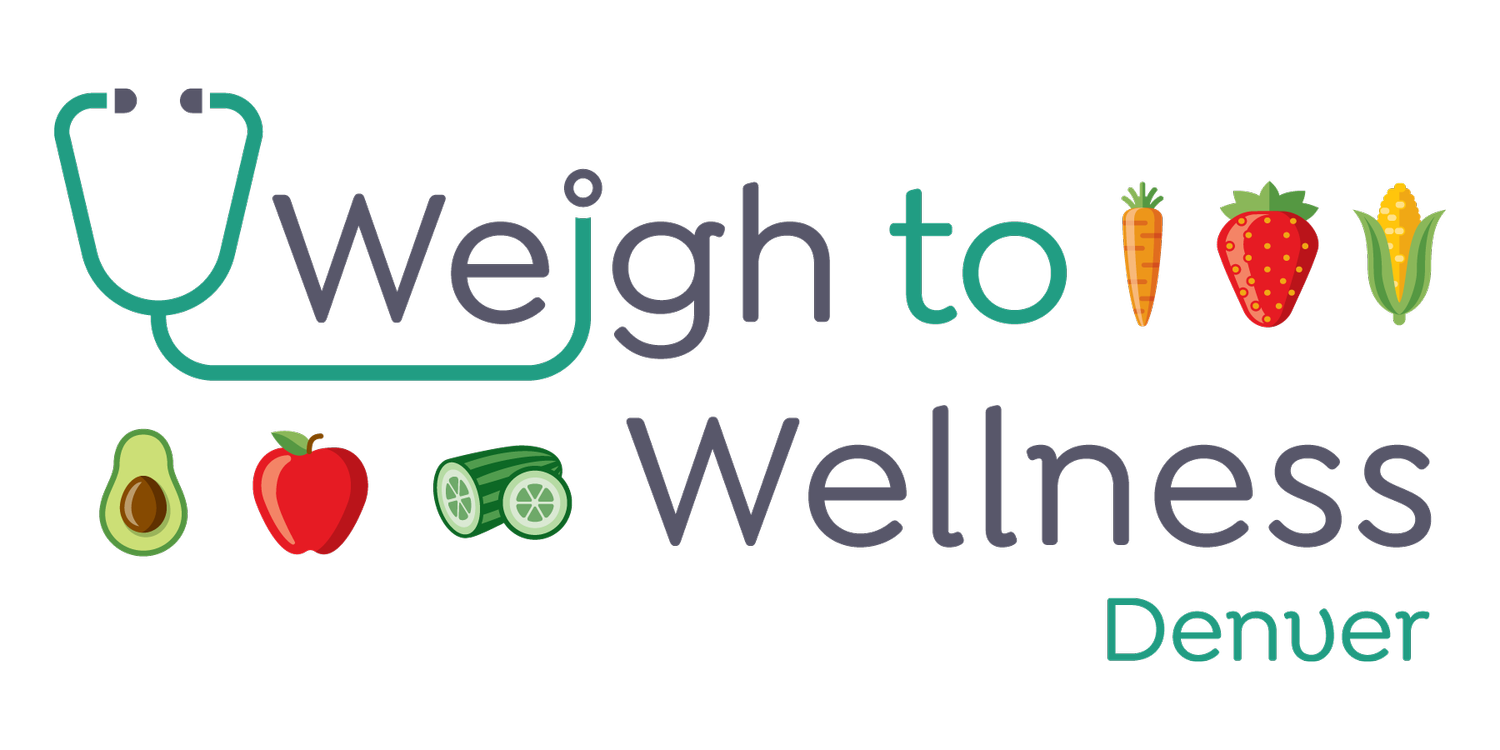The Battle between Processed and Functional Foods
What are functional foods?
Functional foods are foods that enhance your health and can prevent or help to improve disease symptoms. They are minimally processed or have minimal changes from their natural state.
Examples of functional foods and their super power:
Flax seed:
Can help to promote regular and productive bowel movements.
This functional food contains: soluble and insoluble fiber, omega-3 fatty acids, vitamin E, beta-carotene, lignans, magnesium, copper, and more
Add ground flax seed into oatmeal, muffin and homemade bread recipes.
Rolled oats:
Can help to reduce total and LDL cholesterol levels
This functional food contains: soluble fiber, phosphorus, vitamin E, zinc, iron, B vitamins, and more
Keep rolled oats on hand for an easy breakfast or snack (try trending recipes such as energy bites or overnight oats) or go with the “Old Fashioned” (literally)… oatmeal!
To improve its long- lasting fullness effect, adding nut butters and/or or your favorite protein powder to your oatmeal
Spinach:
Can promote gut health and help to reduce total and LDL cholesterol levels
This functional food contains: insoluble fiber, vitamins A, C, and K, iron, folate, potassium, and more
Add spinach to a fruit smoothie, casserole, sandwich, spaghetti, literally any savory dish
What is the alternative to functional foods?
Non-functional foods or processed foods are foods or food products that typically do not provide essential vitamins and minerals or much nutritional benefit. Processed foods can often contain “empty calories” or a high amount of calories. Processed foods without true satisfaction or fullness.
Examples of processed foods:
Food processing can be as basic as freezing, canning, cooking, or drying food. The processed foods that we want to limit in our diet contain high levels of salt, sugar, and fat. Though these ingredients make the food taste good, they also have been shown to increase risk of developing health concerns such as obesity, heart disease, high blood pressure, and diabetes(1). Examples of processed foods to limit in the diet include foods that provide ingredients such as high fructose corn syrup like jelly, or high amounts of saturated fat like cheese.
Bottom Line
Because of the health risks associated with a high intake of processed foods in the diet, is ideal to limit the amount of processed foods we have in our diet as much as possible. However, it is not realistic for most of us to completely eliminate them. Processed foods stimulate our brain to release dopamine, the “pleasure hormone”. This means, we will naturally crave these foods and find it challenging to completely cut them out. Instead, it may be more realistic to limit processed foods and substitute with functional foods in our diet whenever possible. For example, substituting white rice for farro, and substituting a Reese’s peanut butter cup for a date with natural peanut butter.
*As always, please consult your health care provider before including any of these foods in your diet, in case of possible medication interactions. Remember, no single food or food product can prevent or cure illness.

